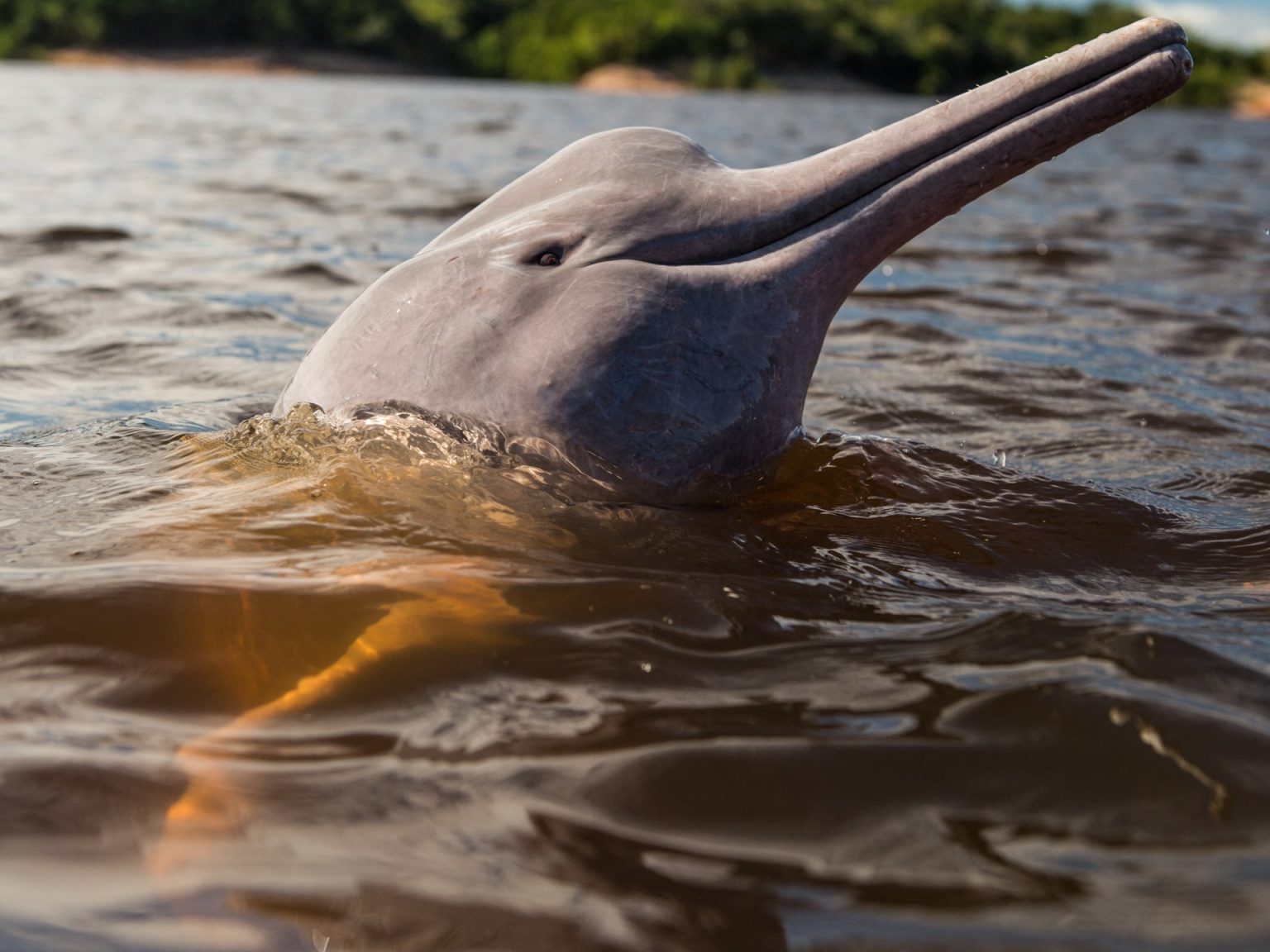The World Wildlife Fund (WWF) has reported that wildlife populations around the world are declining at an alarming rate, with some species facing extinction. The Living Planet Report assessed over 5,000 species of mammals, birds, amphibians, reptiles, and fish and found that populations have decreased by 73 percent since 1970, primarily due to human activities. The report highlighted the decline of species like the pink river dolphins in the Amazon and forest elephants in Gabon, with habitat loss and degradation being the biggest threats to wildlife populations globally.
In the Amazon, the population of pink river and tucuxi dolphins has declined significantly due to hunting and climate change, while in Gabon, the number of forest elephants has decreased by 78 to 81 percent, mainly due to poaching for ivory trade. Habitat loss and degradation, driven by activities like food systems, are identified as the primary threat to wildlife populations, followed by overexploitation, invasive species, and disease. WWF’s chief conservation officer, Daudi Sumba, emphasized that these declines have detrimental consequences for humanity as essential ecosystems are being affected.
The report also highlights the growing threats of climate change, especially in Latin America and the Caribbean, and pollution in regions like North America, Asia, and the Pacific. However, there is hope as some populations have stabilized or even increased thanks to conservation efforts and reintroduction programs. For example, the European bison was extinct in the wild in 1927 but has since been reintroduced and now numbers around 6,800 individuals, mainly in protected areas. WWF’s director-general, Kirsten Schuijt, pointed to global efforts, such as the pledge to protect 30 percent of the planet by 2030, as positive steps towards conservation.
Despite these efforts, there are concerns that milestones set for 2030, such as those established in the United Nations biodiversity pact, may not be met. The WWF warns that irreversible changes could happen with devastating consequences if urgent action is not taken to address the declining wildlife populations and threats to ecosystems. The organization stresses the interconnectedness between wildlife and human life, and the importance of preserving biodiversity for our own survival. They urge for increased conservation efforts, stricter regulations, and global cooperation to protect endangered species and habitats before it’s too late.


